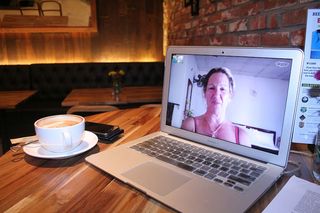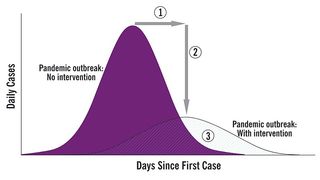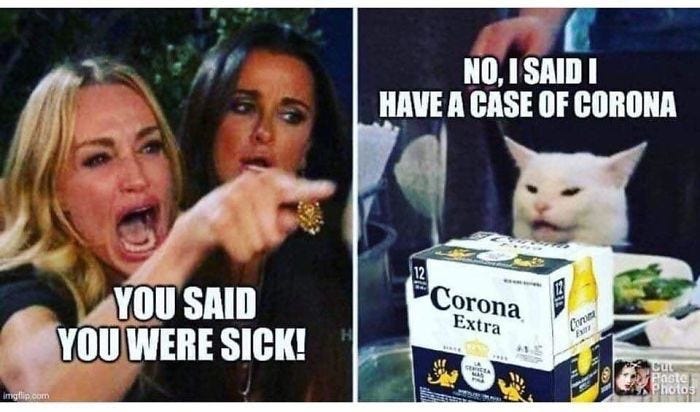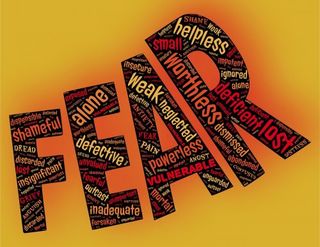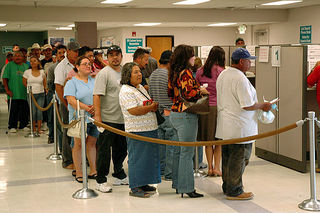After staring at The Letter, she finally had the courage to open it:
Dear Dr. Sakai,In academia, it’s up or out; If you don’t get tenure, you lose your job and, as damaged merchandise, your career is essentially over after it had barely begun. Even Lily's almond skin couldn't hide the furious blood rushing to her cheeks.
While we acknowledge your brilliance and hard work, we regret to inform you that we have given our department's one tenure slot to someone else.
Sincerely,
Anthony Williams, Ph.D., Dean
Lily's only significant flaw had been her temper and now, with nothing to lose, it was unbridled. Aware that like all viruses, COVID-19 mutates, she tested ten mutations with mice to identify the most virulent one, knowing that the world's efforts to create a vaccine wouldn’t work on a mutation. She then cultured a vial-full--billions of copies of the virus--and headed to San Francisco Airport's long-term parking lot that serves its international terminal.
She got on at the first stop, opened her attaché case, and read a journal article. Despite the travel restrictions, because of the reduced bus service, by the last stop before reaching the terminal, the bus was nearly full. Shielded by the attache, she opened the vial. She wanted to die but, in the process, inflict maximum damage to humankind—She was the academic version of a suicide bomber.
In those final minutes from the last parking lot stop to the terminal, every passenger had inhaled a full dose of what she called COVID-29. Now, all the passengers would fly off, like bees released, all around the world.
She hopped on a plane to L.A. With flights cut back, the plane was full. She opened another vial, again shielded by her attaché case.
She toured L.A, from the Magic Castle to Disneyland, Universal Studios to the Museum of Tolerance, where she opened another vial. She ate at the finest restaurants as well as top-Yelped holes in the wall. With nothing to lose, she tried mushrooms, acid, and even heroin.
One month later
There were worldwide reports of a new, mysterious form of coronavirus, with deaths doubling every day. Lily was one of the early dead.
Atop the death and mayhem of COVID-19, the politely termed “social unrest” metastasized: mass looting, first of drug stores and supermarkets, then of homes. The health care system gradually was forced to shut down for lack of money and because too many health-care workers succumbed to the virus despite PPEs. The internet and then all electricity died, in part the result of protestors who fired molotov cocktails and other IEDs into utility plants in frustration with the ever-declining service. Then the water pumps stopped working altogether, so there was no water, the true staff of life. First they killed the dogs, then the old, then the disliked, then anyone they could.
One year later
All was dark.
In an underground compound, which had been stocked with a year’s worth of food, water, and other supplies, dozens of the commune's members lay dead. Three remained. Down to their last quart of water, they crept up with their pistols, only to see the post-apocalypse: long-looted and burned buildings, no people.
When one of the three wasn’t looking, the other two, desperate, guzzled that last quart, trying to be quiet so he didn't hear. But he did and shot both of them in the face.
He stared into the nothingness.




